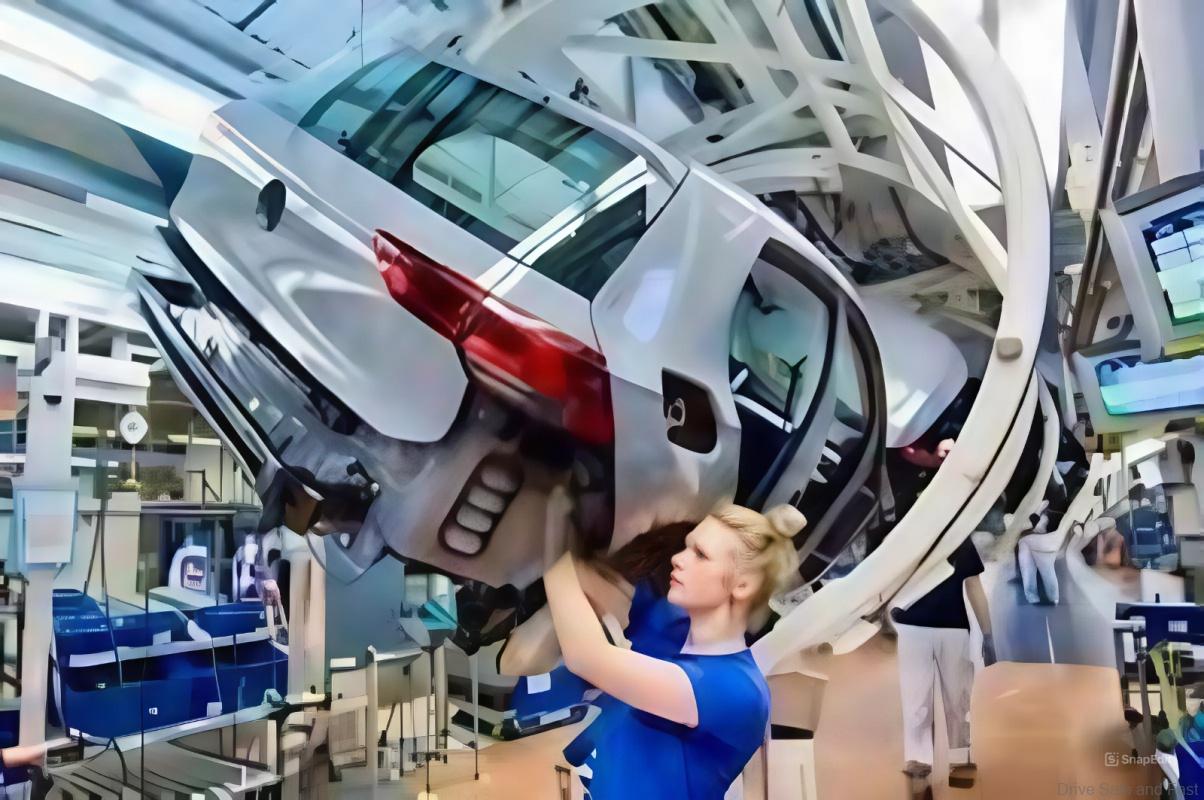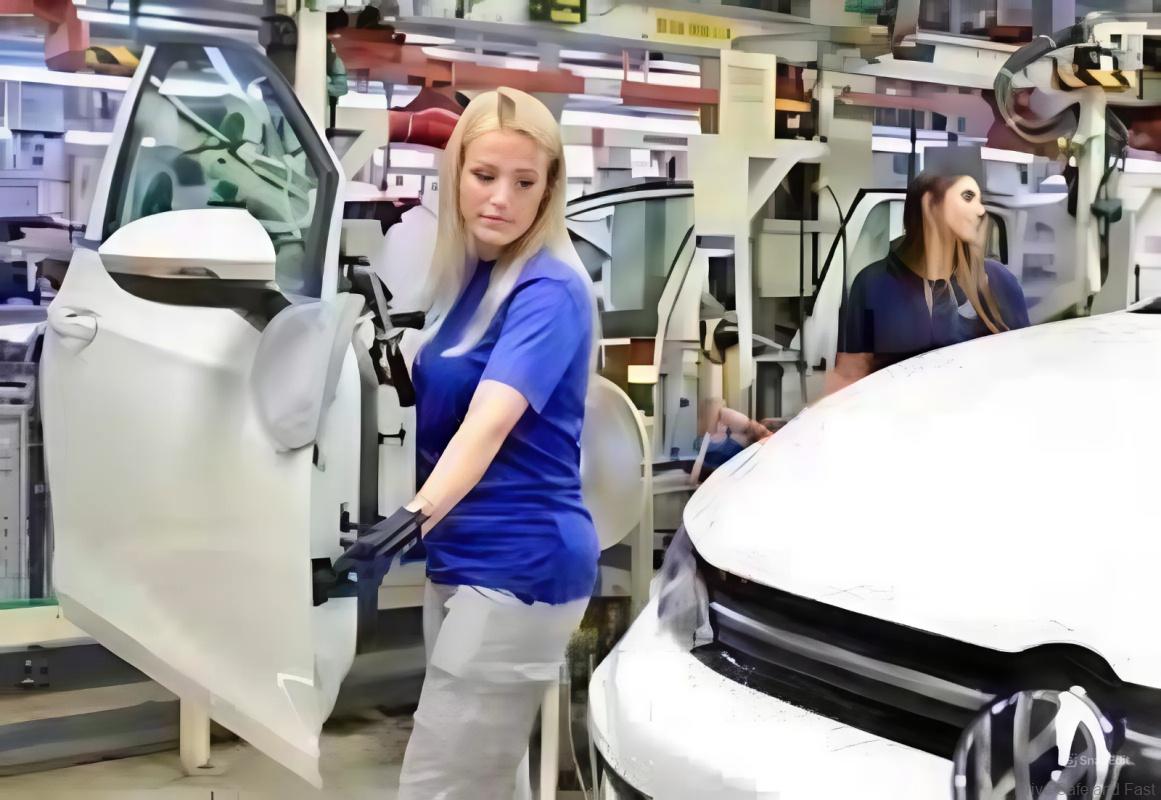Will European carmakers start taxing Chinese ICE cars like Chinese EVs now?
Volkswagen is contemplating the closure of two German factories, marking a significant shift for the company as it navigates the transition from fossil fuels to electric vehicles (EVs). This potential move, which would be its first-ever factory closures in its home country, involves shutting down at least one major vehicle manufacturing plant and one component factory.

The decision aims to achieve substantial cost savings, potentially in the billions of euros. The proposed closures highlight the challenges faced by traditional European automakers as they shift from the profitable but polluting petrol and diesel engines to less profitable EVs.
Moreover, European and U.S. carmakers are also contending with competitive pressures from Chinese EVs manufacturers, who benefit from lower costs and higher profit margins. This competition has led Ford to cancel plans for a new electric SUV and delay an electric pickup truck, while GM, Mercedes-Benz and Bentley have also postponed their electrification strategies.
Tesla, another key player in the EV market, is struggling with declining sales. In response to these pressures, the European Union has imposed additional tariffs on Chinese imports, ranging from 17.4 percent to 37.6 percent, on top of an existing 10 percent levy, arguing that these companies benefit from unfair state subsidies.

On top of that, despite these tariffs, Chinese manufacturers may still find it profitable to sell vehicles in Europe due to their cost advantages. Volkswagen Group CEO Oliver Blume has acknowledged the severe challenges facing the European automotive industry and the increasing difficulty for Germany to remain competitive as a manufacturing hub.
Blume emphasises the need for decisive action in this tough economic environment. Previously, Volkswagen considered closing an Audi factory in Belgium, which would have been its first factory closure in Europe in 40 years. However, closing a factory in Germany would be a significant and politically sensitive move.

Germany’s economy has been struggling, which further complicates the situation for the car industry as it seeks funds for new EV production. The prospect of VW factory closures has sparked strong opposition from the company’s works council and unions.
Thorsten Gröger of the IG Metall union described the plan as dangerous and shortsighted, warning that it could undermine Volkswagen’s core operations and jeopardise jobs. Overall, Volkswagen faces a crucial decision as it balances the financial pressures of transitioning to EVs with the need to maintain its manufacturing base and workforce.

We got all this from The Guardian and their full article is linked here. Thank you Guardian for the information and images.

